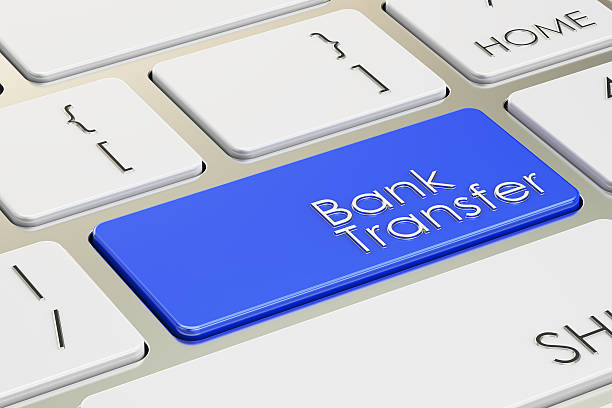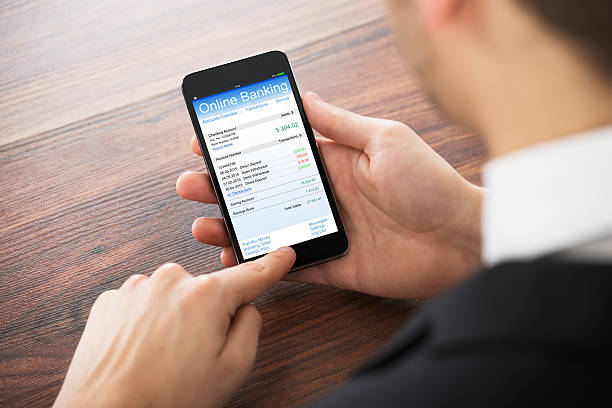Yes, you can transfer money to a bank account held by a minor. However, there are some important considerations and guidelines to keep in mind:
1. Account Ownership and Access
Custodial Account: One common way to transfer money to a minor is by opening a custodial bank account. These accounts are typically held in the minor's name with an adult custodian (usually a parent or guardian) responsible for managing the account until the minor reaches a certain age (often 18 or 21, depending on state laws).
Joint Account: In some cases, parents or guardians may choose to open a joint bank account with the minor. Joint accounts allow both the minor and the adult to access and manage funds. However, this option provides the minor with more control over the account.
2. Legal Considerations
Age of Majority: The age at which a minor gains full control over their bank account may vary by jurisdiction. In most places, it's either 18 or 21. Until the minor reaches the age of majority, the custodian or joint account holder will typically have control over the account.
Tax Implications: Be aware that certain tax rules and implications may apply when transferring significant sums to a minor. Consult with a tax professional to understand any potential tax consequences.
3. Practical Tips
Specify the Purpose: When transferring money to a minor's account, clearly specify the purpose of the transfer. Whether it's for education expenses, savings, or other financial goals, having a clear record can be helpful.
Monitor the Account: Even if the minor has control over the account, it's a good idea for parents or guardians to maintain oversight and ensure responsible use of funds.
Teach Financial Responsibility: Use the opportunity to educate the minor about money management, budgeting, and saving. This will help them develop important financial skills.
4. Transfer Methods
Bank Transfer: You can initiate a bank-to-bank transfer to the minor's account using their account number and the bank's routing information. This method is secure and straightforward.
Mobile Payment Apps: Some mobile payment apps allow you to send money to a minor's account, provided they have the app and an account linked to it.
Check or Cash Deposit: If the minor doesn't have their bank account linked to a payment app, you can provide them with a check or cash, which they can deposit into their account at a local bank branch or ATM.
Conclusion
Transferring money to a bank account held by a minor is possible and can be a valuable way to teach financial responsibility and save for the future. By understanding the rules and guidelines related to custodial accounts, joint accounts, and legal implications, you can make informed decisions about how to manage a minor's finances effectively. It's also an opportunity to instill good financial habits early on, setting the minor up for a financially secure future.
Frequently asked questions (FAQs) for bank transfers




